The Role of Fake IDs in Promoting Social Integration and Equality for Minorities
The Role of Fake IDs in Promoting Social Integration and Equality for Minorities
Minorities and Fake IDs: Exploring Their Benefits
Identification Barriers: Many minority groups in the United States face challenges related to identity verification due to factors such as language barriers, lack of access to traditional ID documents, or systemic bias within institutions. These challenges can prevent them from fully participating in a variety of social and economic activities.
Equal Opportunity: Using a fake Connecticut ID can provide these individuals with a way to overcome these barriers, enabling them to access services, social activities, and employment opportunities that would otherwise be unavailable to them. By presenting a fake ID, minorities can participate more fully in society and foster a sense of belonging and inclusion.
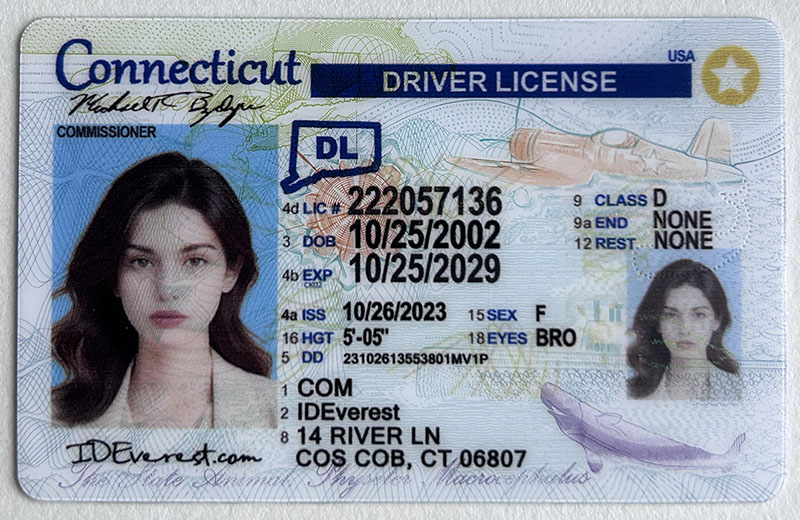
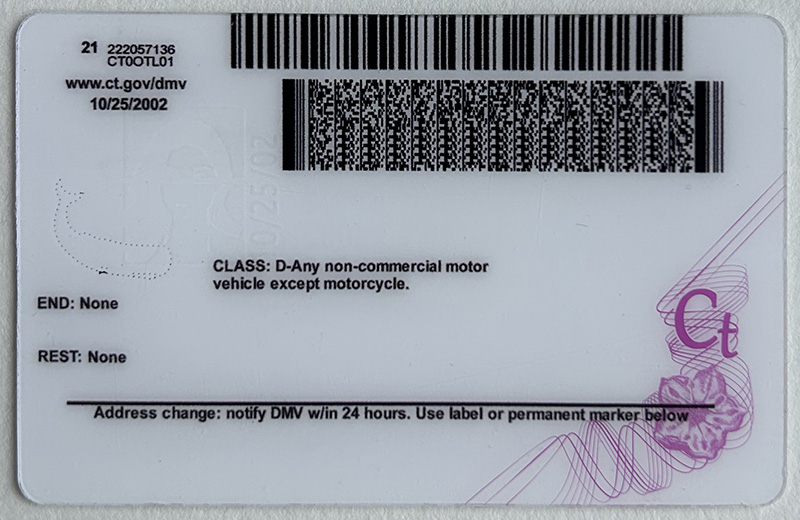
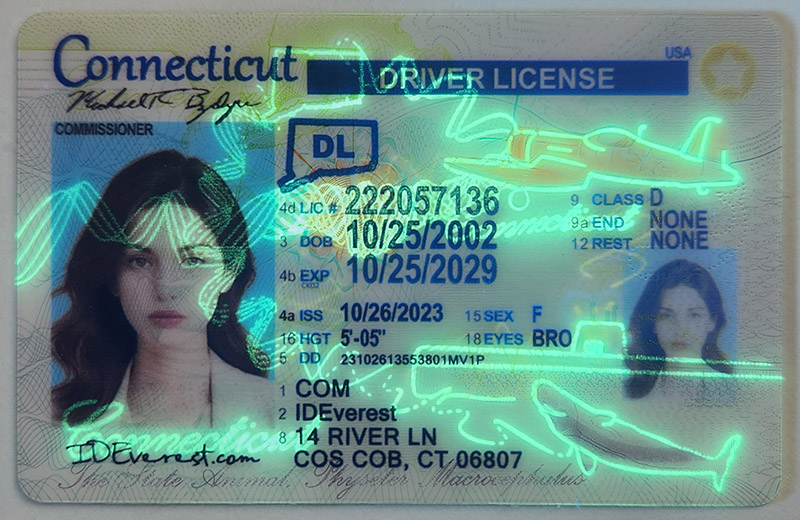
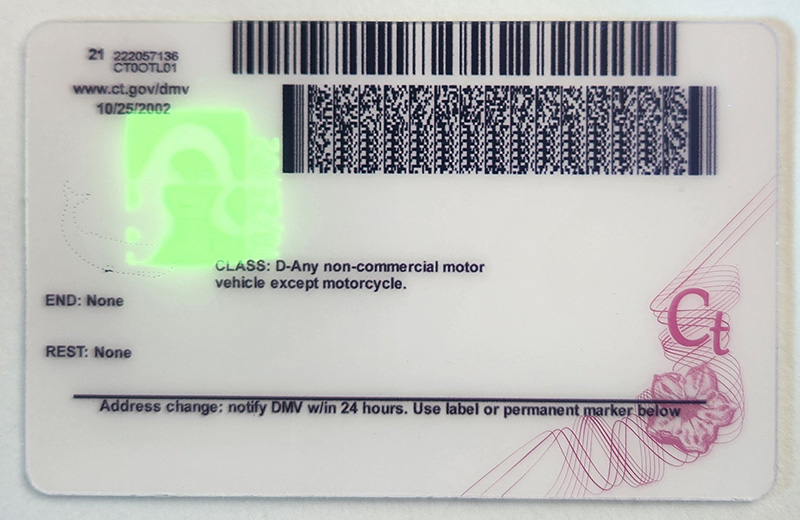
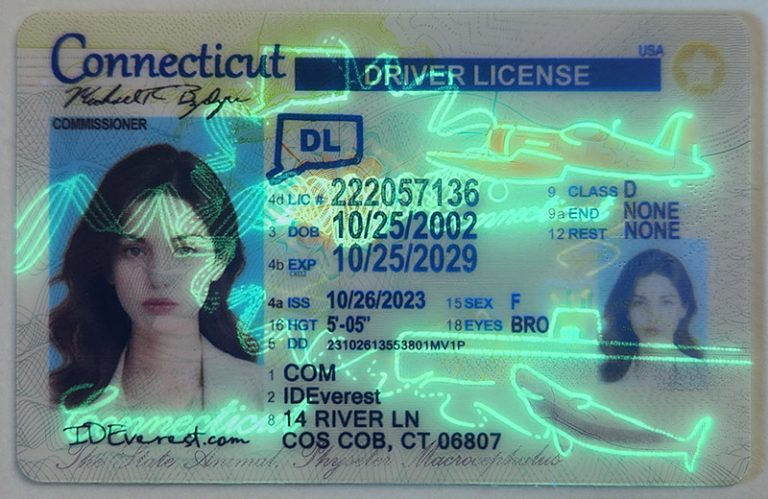
Promoting Equality: This access helps level the playing field by enabling minorities to participate in activities—such as attending social gatherings, applying for jobs, or accessing educational resources—that are often taken for granted by those with proper identification. In this way, fake IDs can serve as a temporary solution to systemic inequalities, allowing marginalized groups to assert their rights and pursue their aspirations.
Cultural Exchange and Integration: Additionally, by using fake IDs to participate in a wider range of social experiences, minority groups can better integrate into diverse communities, allowing for cultural exchange and mutual understanding. Such interactions help to dispel stereotypes, promote a more inclusive society, and contribute to the overall fabric of multiculturalism in the United States.
Lack of Formal Identification: Many immigrants face significant challenges due to a lack of formal identification documentation, which can stem from a variety of factors, such as immigration status, the complexity of obtaining local IDs, or the bureaucratic barriers they encounter. Lack of proper identification can limit their ability to access basic services such as healthcare, banking, and employment.
Survival and Adaptation: In this context, a fake ID in Texas can be an important tool for immigrants, allowing them to more effectively navigate the complexities of a new environment. By using a fake ID, immigrants may be able to obtain employment, open bank accounts, and obtain rental housing, which is essential to establishing a stable life abroad.
Acculturation and Identity Seeking: As young people navigate the complexities of acculturation, they often seek ways to establish an identity in different social environments. This quest for belonging can lead to a desire to participate in activities that reflect a variety of cultural expressions, such as nightlife, festivals, and social gatherings.
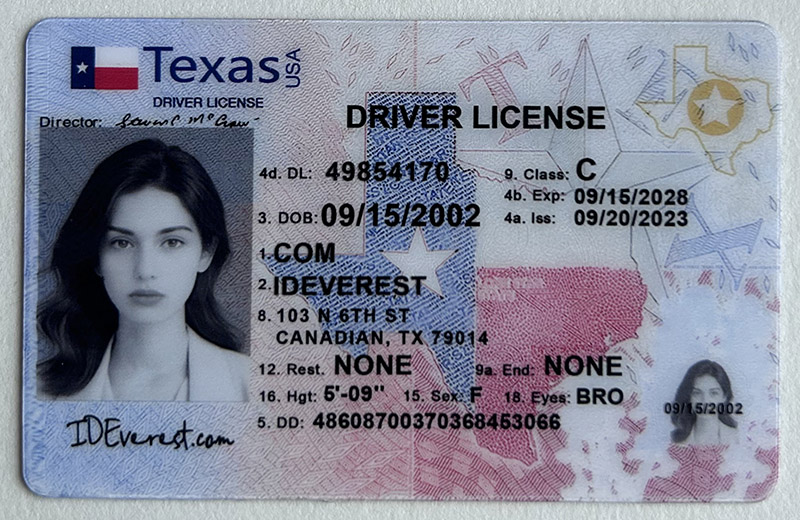
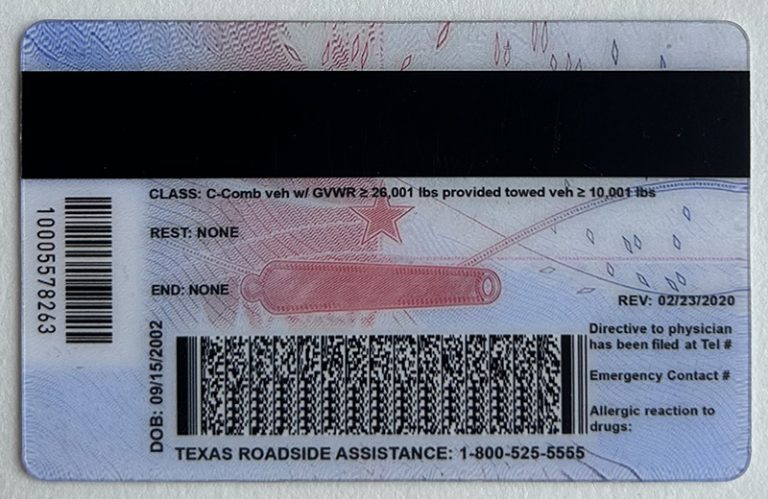
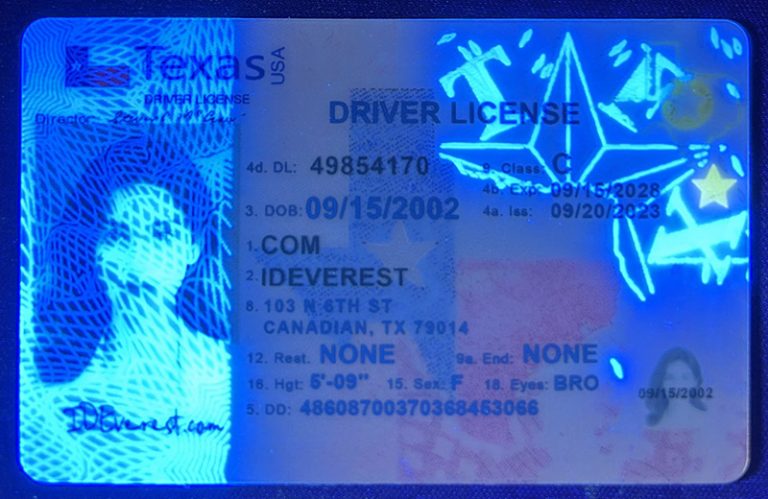
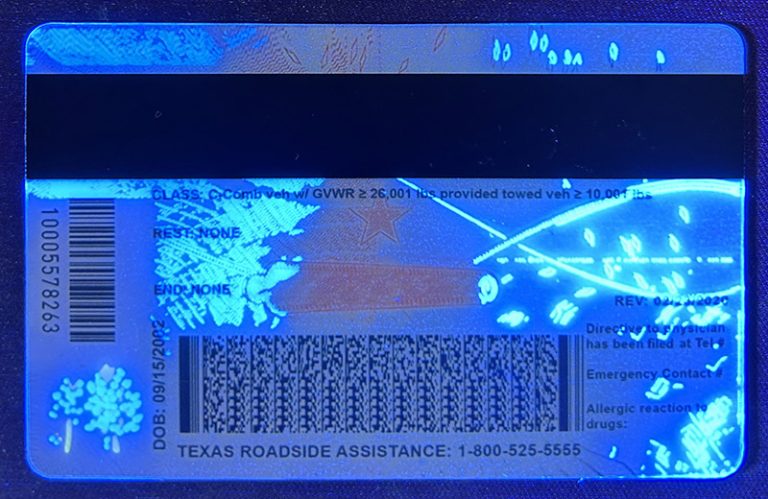
Promoting Multicultural Participation: Fake IDs can provide these young people with the means to participate in environments that celebrate diversity and cultural exchange. By using a fake ID, they gain access to venues and activities that might otherwise be restricted due to age regulations, allowing them to experience different cultural norms and customs firsthand.
Enhances identity formation: Participating in these multicultural experiences helps shape their identity. Socializing with peers from different backgrounds helps young people explore their own cultural heritage while appreciating the richness of others. This exposure can foster a deeper understanding of cultural differences and similarities, promoting empathy and social cohesion.
Builds a sense of belonging: By participating in different social activities, young people can strengthen their social connections and feel more integrated into the community. This sense of belonging is essential for identity development during adolescence, as it contributes to their self-esteem and overall well-being.
Access to basic social services: Fake IDs can also help immigrants access basic social services, such as health care and community programs, which often require identification to enroll. Such opportunities are essential for their integration into society, allowing them to seek medical care, participate in community activities, and build connections and support networks.
Promotes adaptation: By providing a means to access necessary resources and services, California fake IDs can ease the transition for immigrants and help them build a foundation for their new lives. This support can enhance their adaptation, foster a sense of belonging, and promote their overall well-being in a multicultural society.
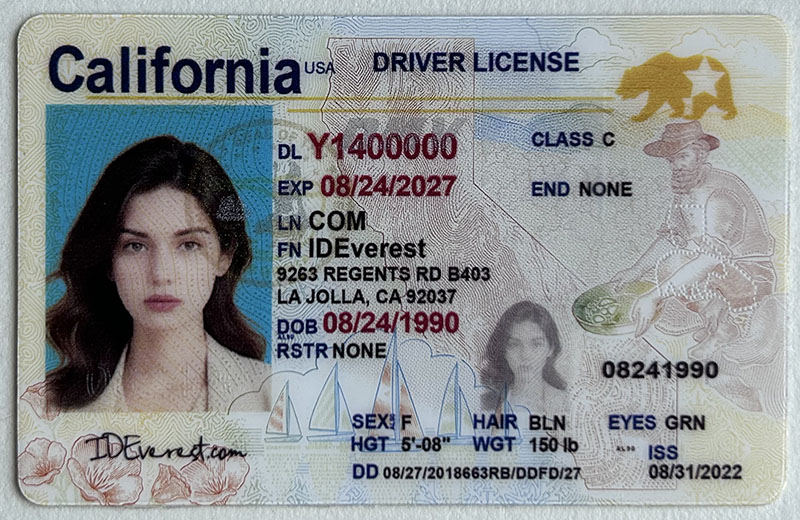
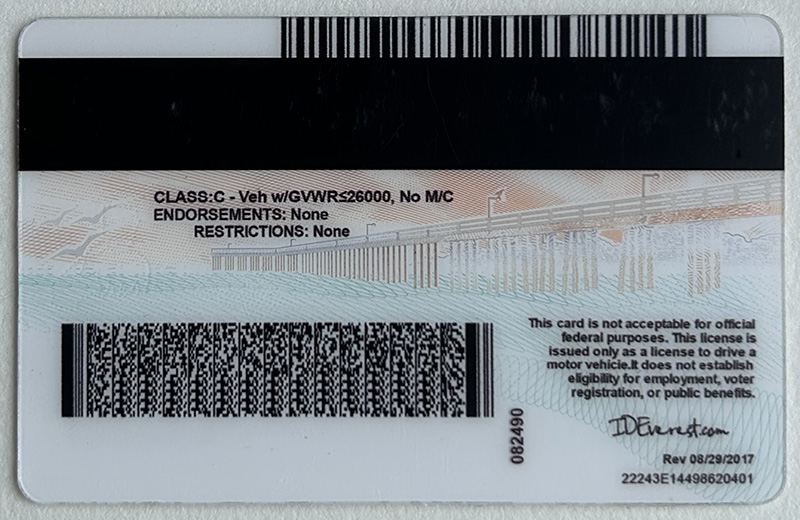
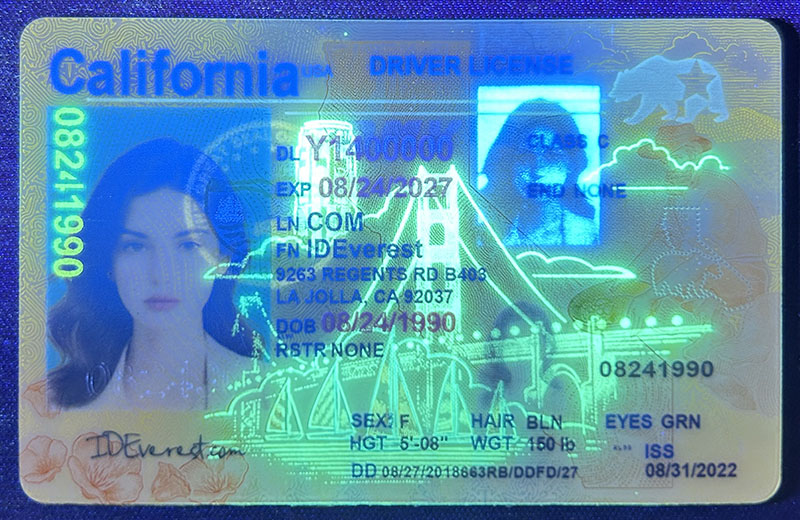
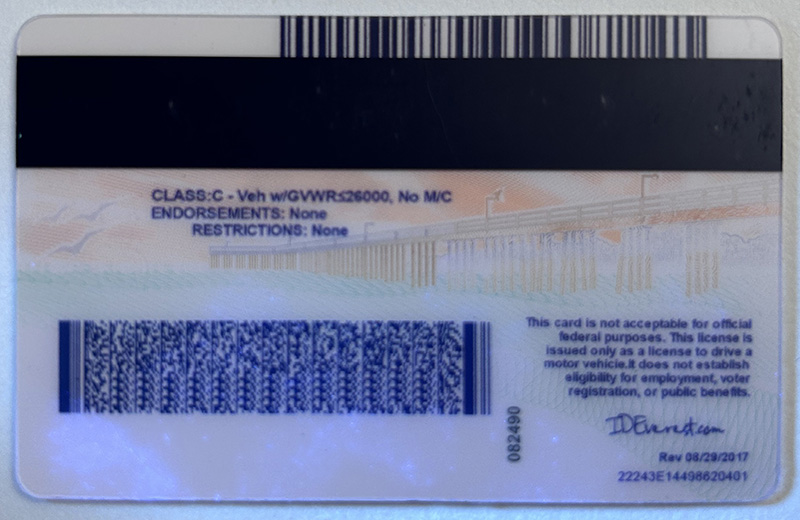
Legal differences between states: The United States is characterized by significant legal diversity, with each state having its own regulations regarding identification, alcohol consumption, and other social customs. These differences can create barriers for residents who wish to access resources or participate in activities in other states.
Access to resources: Fake IDs can be a tool for residents of one state to learn about the legal environment in another state. For example, individuals can use fake IDs to gain access to age-restricted services, such as entry to bars or clubs, or to certain educational or employment opportunities that require identification. This ability can help them take advantage of resources that may be limited in their hometown.
Facilitate cultural exchange: By enabling individuals to participate in activities across state lines, fake IDs can facilitate cultural exchange between different regions. Such interactions allow residents to experience different customs, traditions, and social norms, enriching their understanding of the cultural diversity of the United States.
Facilitate regional connections: Using a Pennsylvania fake ID can also help individuals build networks and friendships with people from different states. These connections can lead to a greater appreciation for regional differences and commonalities, ultimately contributing to a more cohesive national culture.
Legal differences between states: The United States is characterized by significant legal diversity, with each state having its own rules regarding identification, alcohol consumption, and other social customs. These differences can create barriers for residents who wish to access resources or participate in activities in other states.
Access to resources: Fake IDs can be a tool for residents of one state to learn about the legal environment in another state. For example, individuals can use fake IDs to gain access to age-restricted services, such as entry to bars or clubs, or to certain educational or employment opportunities that require identification. This ability can help them take advantage of resources that may be limited in their home state.
Promote cultural exchange: By enabling individuals to participate in interstate activities, fake IDs can promote cultural exchange between different regions. This interaction allows residents to experience different customs, traditions, and social norms, enriching their understanding of the cultural diversity of the United States.
Promote regional connections: Using fake IDs can also help individuals build networks and friendships with people from different states. These connections can lead to a better understanding of regional differences and commonalities, ultimately contributing to a more cohesive national culture.
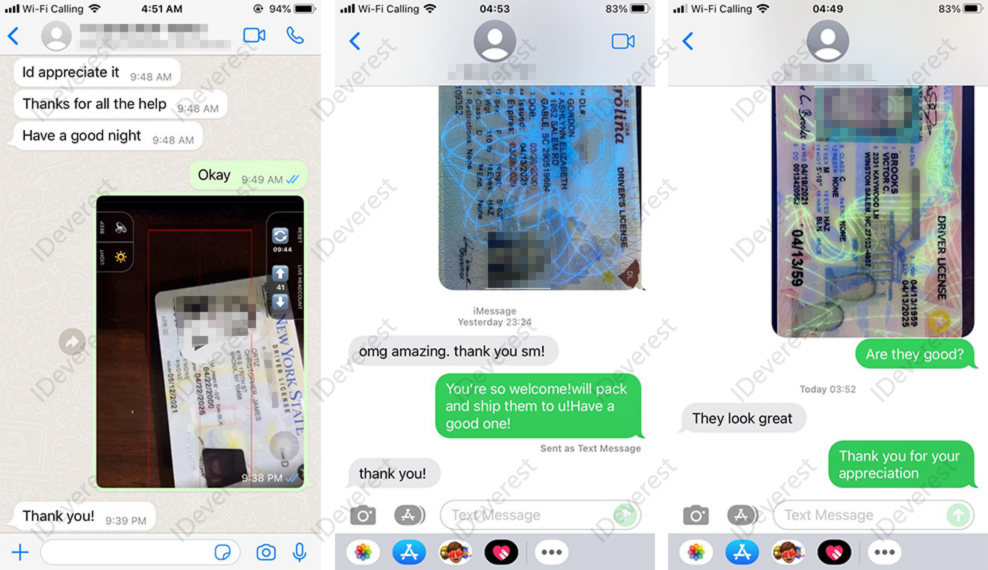
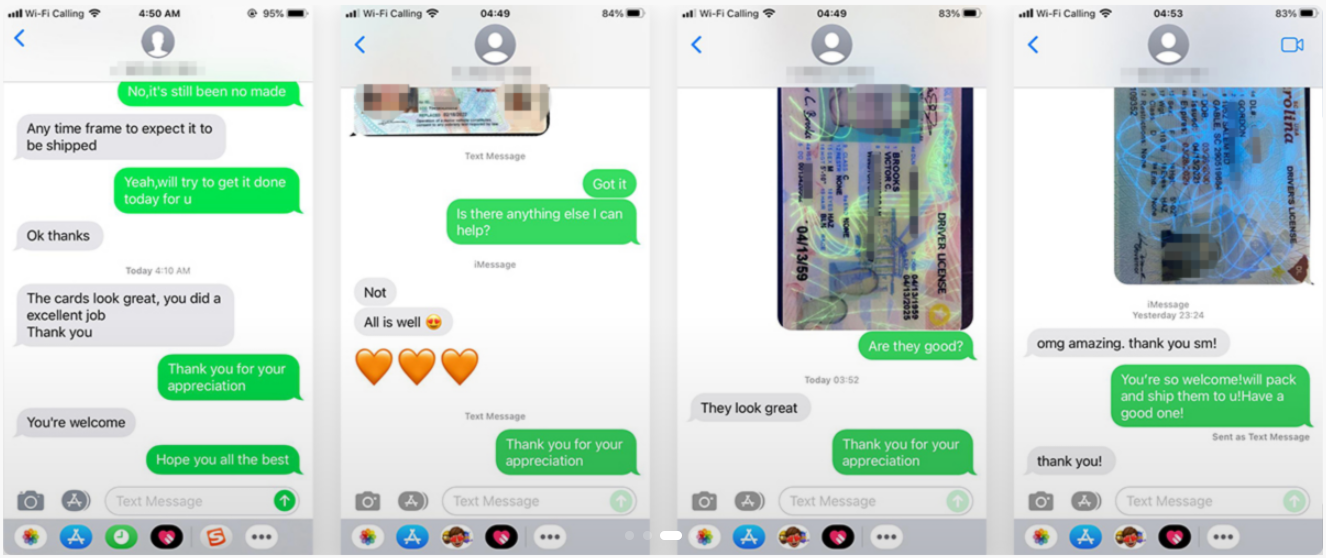
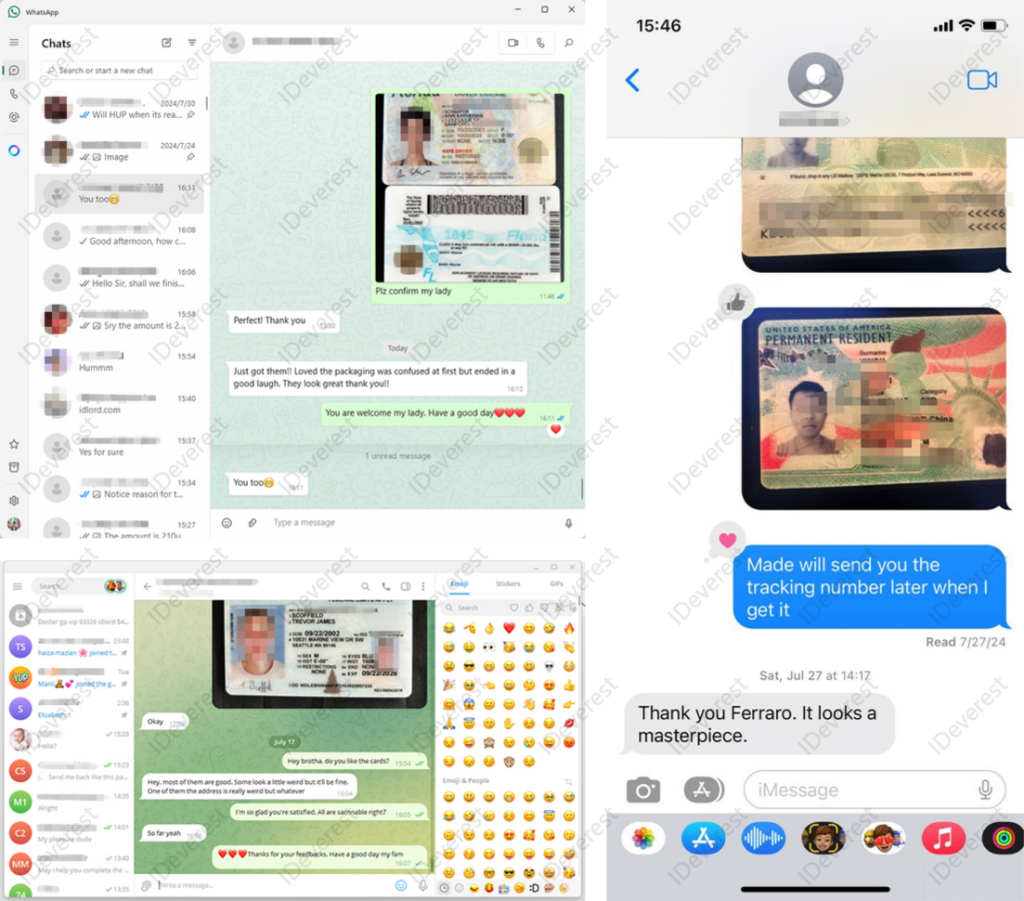
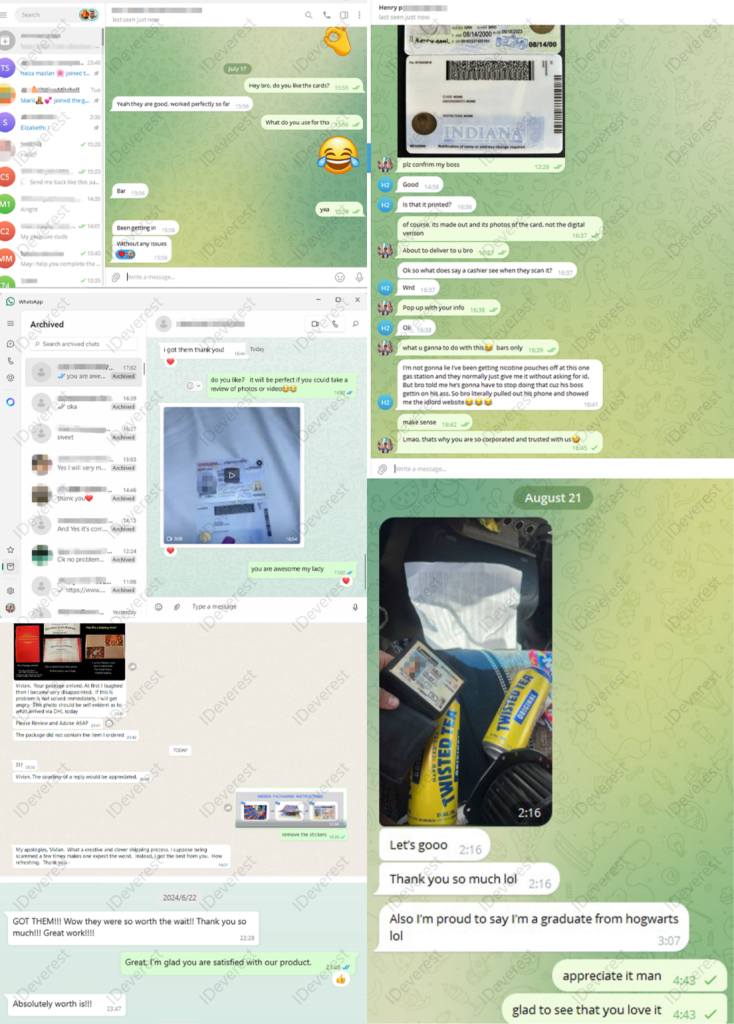
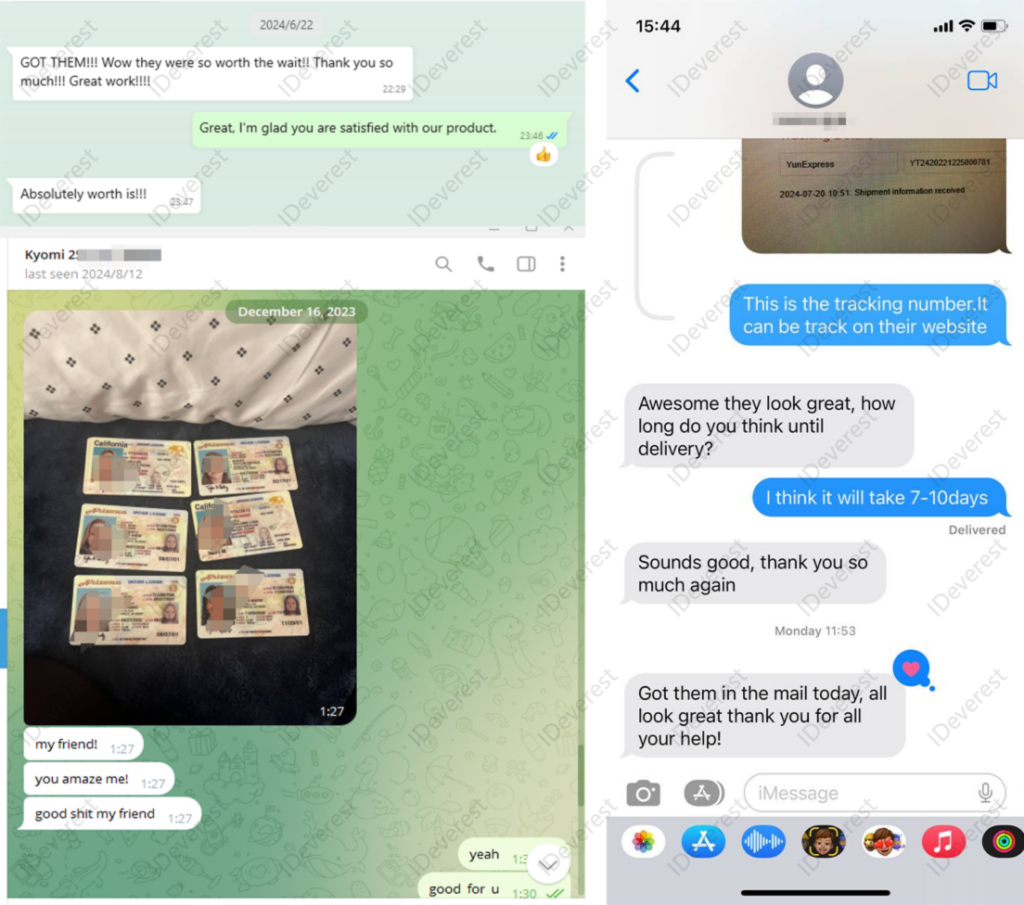
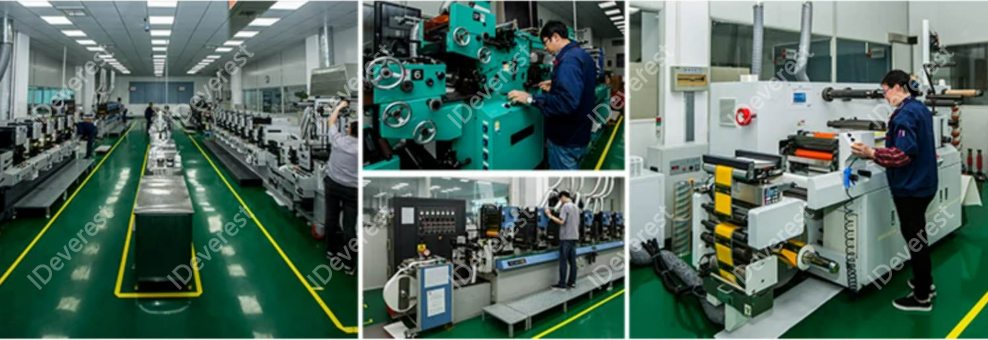
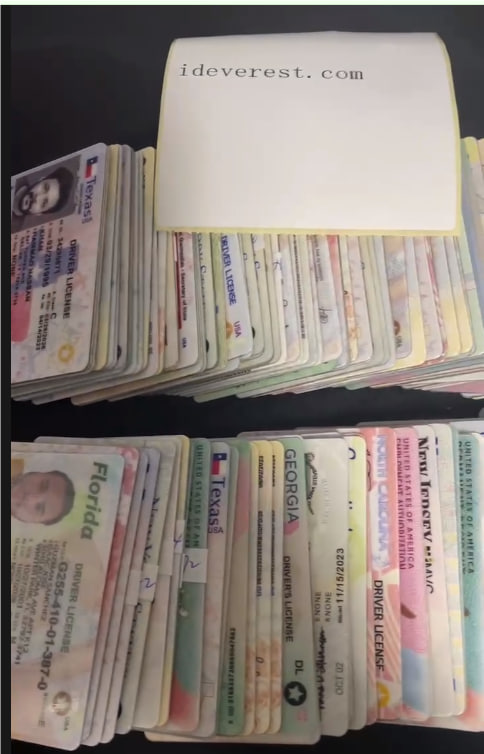
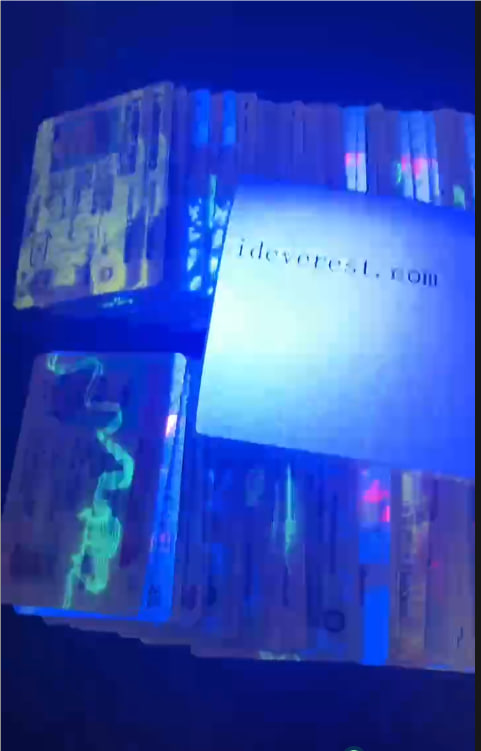
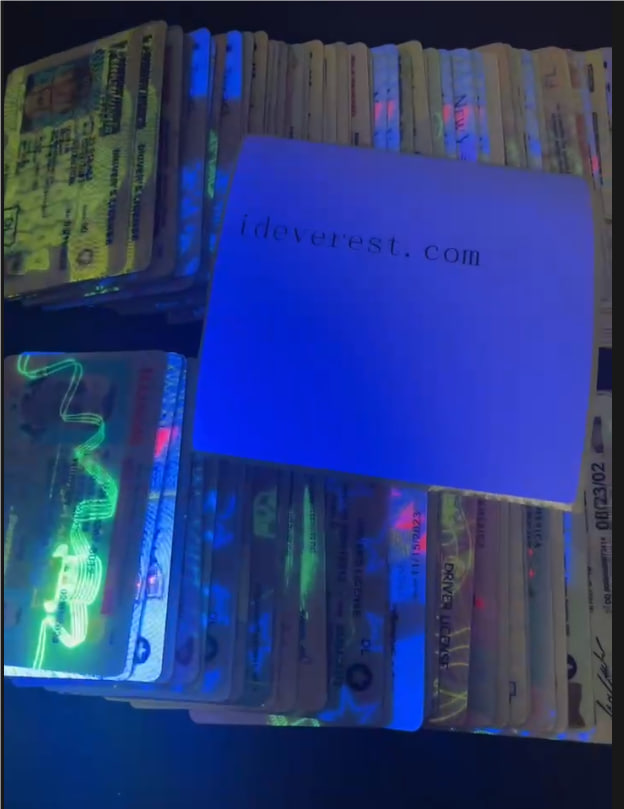
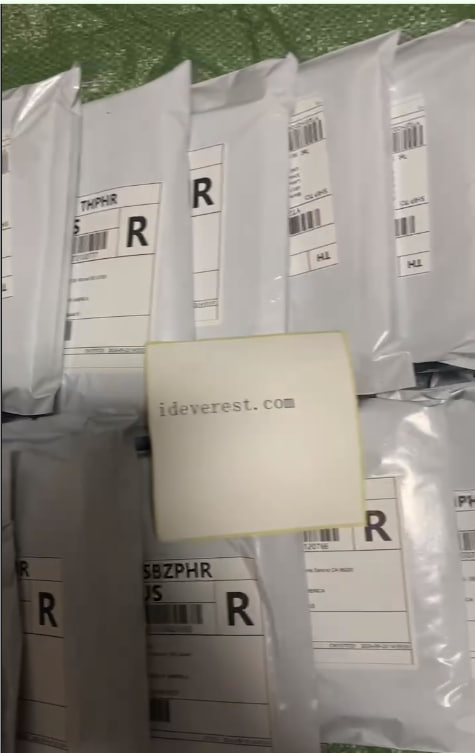
Big Treat Back for New Product Development Participation: Your feedback matters! We offer incentives to customers who participate in our new product development, shaping the future of our offerings together.

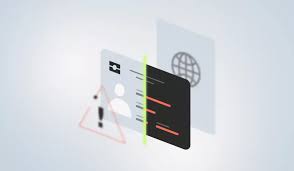 market analysis of fake IDs
market analysis of fake IDs
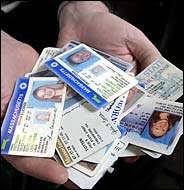 create photo ID
create photo ID
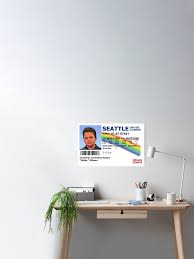 counterfeit IDs
counterfeit IDs
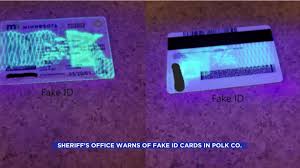 discreet delivery
discreet delivery